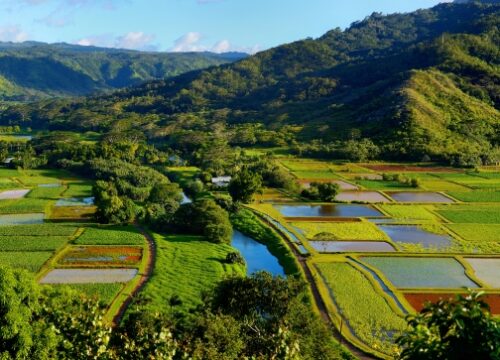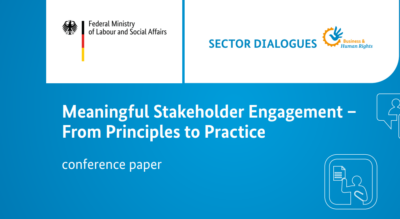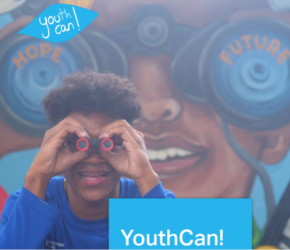For some people, water is an everyday resource that seems to be available at all times and in unlimited quantities. For others, its constant availability is less self-evident although water is a basic prerequisite for human life, for the ecosystem and for the functioning of economic cycles. However, current global distribution and use of water means that a large proportion of the world’s population has limited access to it. Climate change, urbanization and the increase in conflicts are expected to heighten demand and competition for water, exacerbating existing injustices.
SDG 6 addresses this as part of the 2030 Agenda: By 2030, the availability and sustainable management of clean water and sanitation should be ensured for all. This sustainability goal is particularly important as it intersects with other issues of justice. For example, the extent to which people have access to water also has an impact on aspects of health, climate justice and food security.
In order to achieve SDG 6, the United Nations and its members are pursuing what is known as integrated water resources management. This promotes the coordinated management of water, land and other related resources to distribute economic and social prosperity fairly without endangering vital ecosystems. Internationally active Multi-Stakeholder Partnerships (MSPs) – such as the Global Water Partnership (GWP) – make an important contribution to implementing this approach and thus to achieving SDG 6.
In cooperation with water partnerships, states, government institutions, non-governmental organizations (NGOs), research institutions and private companies, GWP is committed to the fair, sustainable and efficient management of water resources. To do so, the GWP can draw on its extensive network: By the end of 2023, the MAP had 13 regional, 77 country-specific water partnerships and 3,561 partners in 179 countries. To pursue its goals, the GWP provides knowledge, builds capacity at local, regional, national and global levels, coordinates measures by governmental and non-governmental actors, mobilizes governments and creates a platform for dialogue and the development of action plans.
In order to involve different groups of society in designing solutions and thus achieve sustainable success, the GWP places a special focus on mobilizing young people, among other aspects. In 2023, for example, the GWP South Asia launched a platform for young people and young water experts that brings together young adults from all six countries in the region and encourages them to get involved in sustainable water management.
MSPs such as the Global Water Partnership thus demonstrate the importance of international, coordinated and cross-sectoral cooperation in achieving the UN Sustainable Development Goals.
Further information on the MSP can be found on the Global Water Partnership website.



